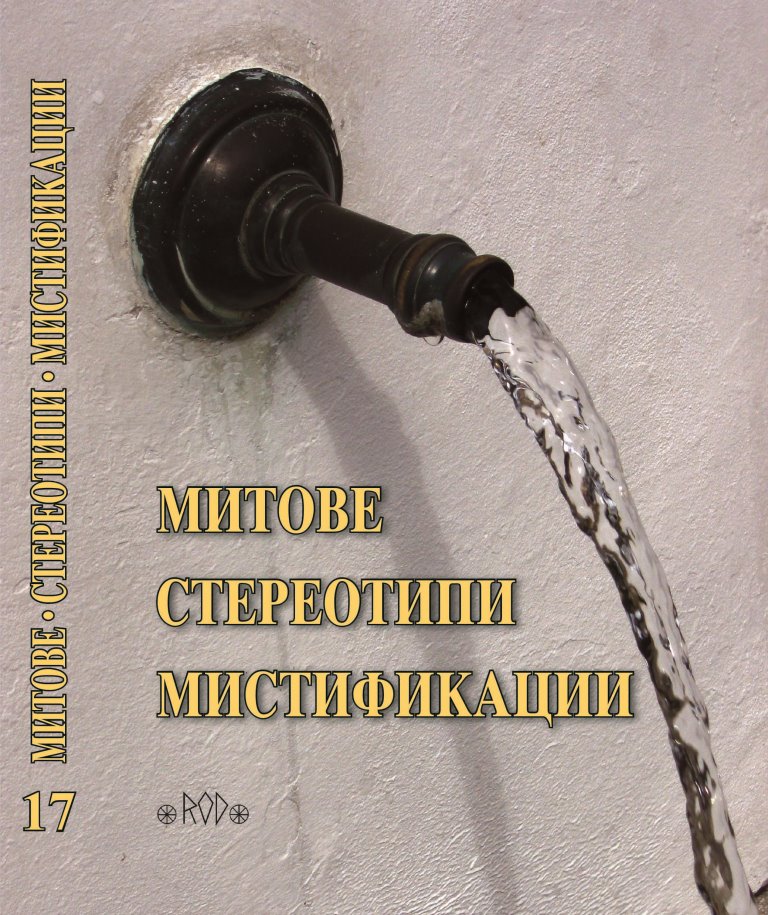Митовите, стереотипите и мистификациите за Александар III Македонски
Myths, stereotypes and mystifications for Alexander III of Macedon
Author(s): Katerina Mladenovska-RistovskaSubject(s): History, Cultural history, Comparative history, Political history, Ancient World
Published by: Асоциация за антропология, етнология и фолклористика ОНГЬЛ
Summary/Abstract: Alexander III of Macedon was the greatest army commander of the world, a skilful diplomat and a statesman in the antiquity, who created a large state with a new social order of equal and united nations, with respect for all customs, religions and cultures. His country stretched from the western coast of the Balkan Peninsula, to India to the east, from the Danube and the Black Sea to the north, to Egypt and Libya to the south. He also planned new campaigns, but suddenly fell ill and died. However, with his short, but tumultuous life and work, he remained in the collective memory of all generations of different nations through centuries, from the folk tradition and folklore, to history and all areas of artistic creation. His image was mythologized since his birth. In this mythologization, a large number of themes and motives from the existing historical sources of various nations and the folk tradition and folklore, including the various legends and magical stories, are used. As in the folk creativity, also in the various versions of the Alexander Romance, as a compiled ancient and medieval biographical novel about his life and work, various stereotypes of the older folk tradition (mainly mythological episodes of the existing traditions and legends) and various historical and literary sources, in the same form, with insignificant or more developed rearrangements, are used. In the Renaissance period in Macedonia, the cult of antique past and culture was outstanding, reviving the interest for the old glory of the Macedonian Kingdom, and especially Alexander the Great, and actual mystifications about his life and work appeared. The most expressive example is the huge collection of folklore opus in Macedonia by Stephan Verković, which constantly attracts and rivals the scientific public to our contempo¬rary times.
Journal: Годишник на Асоциация за антропология, етнология и фолклористика »Онгъл«
- Issue Year: 2019
- Issue No: 17
- Page Range: 50-71
- Page Count: 22
- Language: Macedonian
- Content File-PDF

